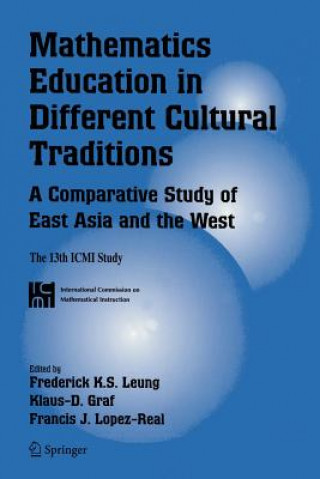
Kód: 01422527
Mathematics Education in Different Cultural Traditions- A Comparative Study of East Asia and the West
Autor Frederick K.S. Leung, Klaus-D. Graf, Francis J. Lopez-Real
The fundamental idea of the ICMI Study 13 is outlined as follows: Education in any social environment is influenced in many ways by the traditions of these environments. As a consequence the results of such education will naturall ... celý popis
- Jazyk:
 Angličtina
Angličtina - Vazba: Brožovaná
- Počet stran: 598
Nakladatelství: Springer-Verlag New York Inc., 2010
- Více informací o knize

Mohlo by se vám také líbit
-
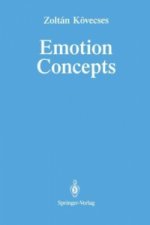
Emotion Concepts
2259 Kč -
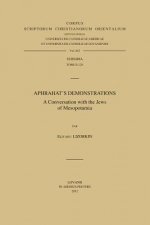
Aphrahats Demonstrations
2926 Kč -
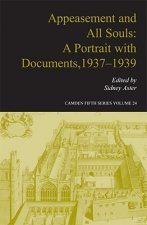
Appeasement and All Souls
2347 Kč -
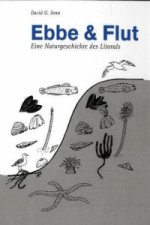
Ebbe und Flut
591 Kč
Darujte tuto knihu ještě dnes
- Objednejte knihu a zvolte Zaslat jako dárek.
- Obratem obdržíte darovací poukaz na knihu, který můžete ihned předat obdarovanému.
- Knihu zašleme na adresu obdarovaného, o nic se nestaráte.
Více informací o knize Mathematics Education in Different Cultural Traditions- A Comparative Study of East Asia and the West
Nákupem získáte 742 bodů
 Anotace knihy
Anotace knihy
The fundamental idea of the ICMI Study 13 is outlined as follows: Education in any social environment is influenced in many ways by the traditions of these environments. As a consequence the results of such education will naturally differ with different traditions in different environments. Indeed, this is necessary since one of the intentions of education is to support the traditional continuity of structure and function of a special environment.§On the other hand, today we are observing a growing interdependence between environments like regions, states, countries, and different cultural areas of the world. In many respects they have to rely on corresponding or equivalent standards of education, and differences can cause irritations.§In mathematics education also, taking an international and intercultural point of view, we face this split phenomenon of difference and correspondence, linked with the perpetual challenge to improve the quality of mathematics education. A study attempting a comparison between mathematics education in different traditions will be helpful to understand this phenomenon in detail and exploit it for the sake of mathematics education.§The Study Volume will reflect the structure of the conference in four sections of revised papers, integrating insights, results and implications from the comparative discussions. To achieve this revision and integration, section editors have initiated vivid interaction with and between authors of the four working groups. The editors (Leung, Lopez, Graf) expect the Volume to be published in the series of ICMI studies by Springer in spring 2005.The idea of the ICMI Study 13 is outlined as follows: Education in any social environment is influenced in many ways by the traditions of these environments. This study brings together leading experts to research and report on mathematics education in a global context. Mathematics education faces a split phenomenon of difference and correspondence. A study attempting a comparison between mathematics education in different traditions will be helpful to understanding this phenomenon.In recent years there has been an upsurge of interest concerning international comparisons of mathematics education, stimulated in part by large-scale studies such as TIMSS and PISA. However, many educators have felt that the analysis of such comparisons requires a deep understanding of the underlying cultural and social factors involved, and this perspective led to the 13th ICMI Study Conference being convened to consider the issues. Because of the impossible complexity of trying to cover all different cultural traditions worldwide it was decided to focus on two significant traditions, broadly speaking East Asia and the West. This important volume is the outcome of the ICMI Study.The volume covers a very wide field including the contexts of mathematics education, the curriculum, teaching and learning, and teachers values and beliefs. Within these broad parameters some of the particular cross-cultural issues that are discussed include intuition and logical reasoning, influences of Confucianism and Ancient Greek traditions, basic skills and process abilities, learners perspectives, assessment practices, text books and ICT multimedia.Throughout the book emphasis is placed on uncovering and understanding differences and similarities, not just between these two major traditions but within the cultures themselves. Simplistic analyses or solutions are avoided and the authors demonstrate a cultural sensitivity that results in a collaborative, rather than competitive, spirit evident in the comparisons that are made. Much of the focus is on learning together, as much from our failures as our successes. The contributing authors are highly experienced and eminent members of the mathematics education community and together they have provided us with a book that is an invaluable source of information, discussion, reflection and insight. Mathematics Education in Different Cultural Traditions will be of special interest to mathematics teachers, teacher educators, researchers, education administrators, curriculum developers, and student teachers.
 Parametry knihy
Parametry knihy
Zařazení knihy Knihy v angličtině Society & social sciences Education Teaching skills & techniques
7421 Kč
- Plný název: Mathematics Education in Different Cultural Traditions- A Comparative Study of East Asia and the West
- Podnázev: The 13th ICMI Study
- Autor: Frederick K.S. Leung, Klaus-D. Graf, Francis J. Lopez-Real
- Jazyk:
 Angličtina
Angličtina - Vazba: Brožovaná
- Počet stran: 598
- EAN: 9781441939968
- ISBN: 1441939962
- ID: 01422527
- Nakladatelství: Springer-Verlag New York Inc.
- Hmotnost: 926 g
- Rozměry: 235 × 155 × 33 mm
- Datum vydání: 23. November 2010
Oblíbené z jiného soudku
-
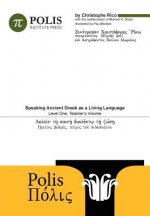
Polis
1001 Kč -
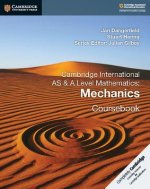
Cambridge International AS & A Level Mathematics: Mechanics Coursebook
838 Kč -

Attachment-Based Teaching
769 Kč -
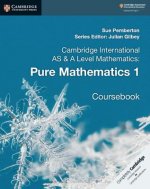
Cambridge International AS & A Level Mathematics: Pure Mathematics 1 Coursebook
879 Kč -
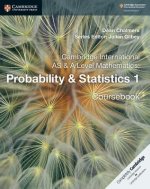
Cambridge International AS & A Level Mathematics: Probability & Statistics 1 Coursebook
838 Kč -

Positive Discipline in the Classroom
361 Kč -

Love to Teach
1025 Kč -

Therapeutic Eye
323 Kč -
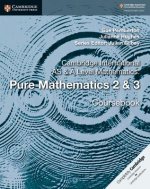
Cambridge International AS & A Level Mathematics: Pure Mathematics 2 & 3 Coursebook
1004 Kč -
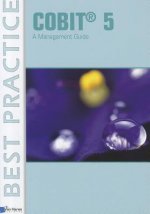
COBIT 5
976 Kč -

Teach Like A Pirate
661 Kč -
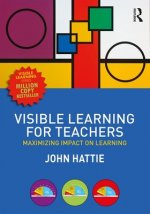
Visible Learning for Teachers
1053 Kč -

Best Teacher Lesson Planner
403 Kč -
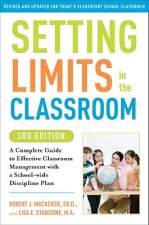
Setting Limits in the Classroom, 3rd Edition
452 Kč -
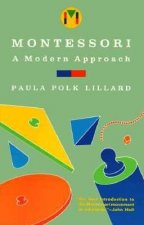
Montessori: A Modern Approach
464 Kč -

Handbook for Steiner-Waldorf Class Teachers
463 Kč -
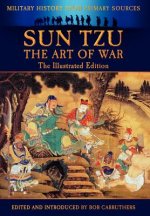
Sun Tzu - The Art of War - The Illustrated Edition
709 Kč -

Fifty Quick Ideas To Improve Your Retrospectives
750 Kč -
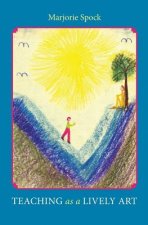
Teaching as a Lively Art
390 Kč -
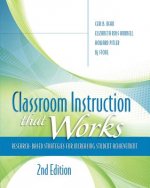
Classroom Instruction That Works
754 Kč -

One Minute Teacher
322 Kč -

Scrum
749 Kč -
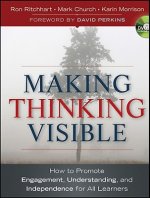
Making Thinking Visible - How to Promote Engagement, Understanding, and Independence for All Learners
656 Kč -
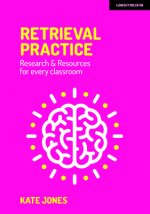
Retrieval Practice
404 Kč -

Take Control of the Noisy Class
564 Kč -
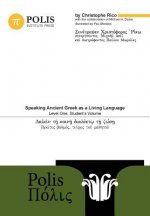
Polis
1156 Kč -
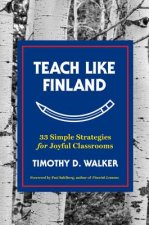
Teach Like Finland
850 Kč -
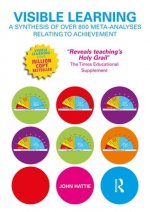
Visible Learning
1346 Kč -
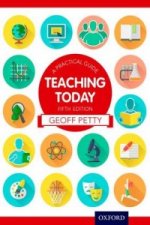
Teaching Today: A Practical Guide
1613 Kč -
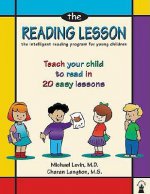
Reading Lesson
615 Kč -
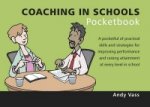
Coaching in Schools Pocketbook
324 Kč -

Teach With Your Strengths
594 Kč -
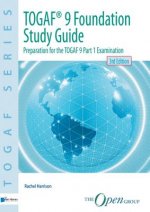
TOGAF 9 Foundation Study Guide
1613 Kč -

Teach Like Your Hair's on Fire
381 Kč -
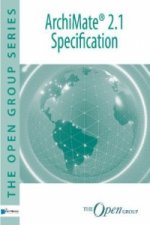
ArchiMate 2.1 Specification
1332 Kč -
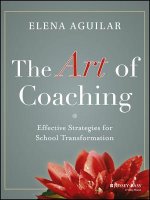
Art of Coaching - Effective Strategies for School Transformation
656 Kč -

Essential 55
463 Kč -

Writing Revolution - A Guide To Advancing Thinking Through Writing In All Subjects and Grades.
730 Kč -
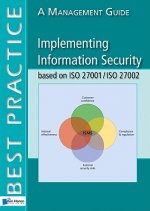
Implementing Information Security Based on ISO 27001/ISO 27002
803 Kč -
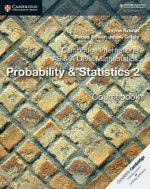
Cambridge International AS & A Level Mathematics: Probability & Statistics 2 Coursebook
838 Kč -

Sketchnoting in the Classroom
1068 Kč -
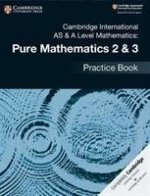
Cambridge International AS & A Level Mathematics: Pure Mathematics 2 & 3 Practice Book
615 Kč -
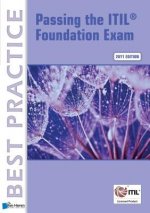
Passing the ITIL Foundation Exam
1321 Kč -
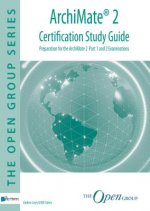
ArchiMate 2 Certification Study Guide
2333 Kč -

TOGAF Version 9.1
2147 Kč -
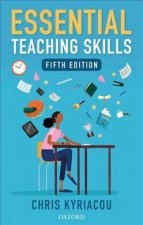
Essential Teaching Skills
957 Kč -
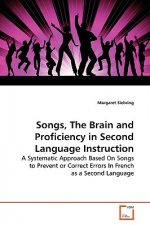
Songs, The Brain and Proficiency in Second Language Instruction
1769 Kč -

Teaching Hope
390 Kč -

Cambridge Checkpoint Science English Language Skills Workbook Stages 7, 8, 9
901 Kč
Osobní odběr Praha, Brno a 12903 dalších
Copyright ©2008-24 nejlevnejsi-knihy.cz Všechna práva vyhrazenaSoukromíCookies



 Vrácení do měsíce
Vrácení do měsíce 571 999 099 (8-15.30h)
571 999 099 (8-15.30h)